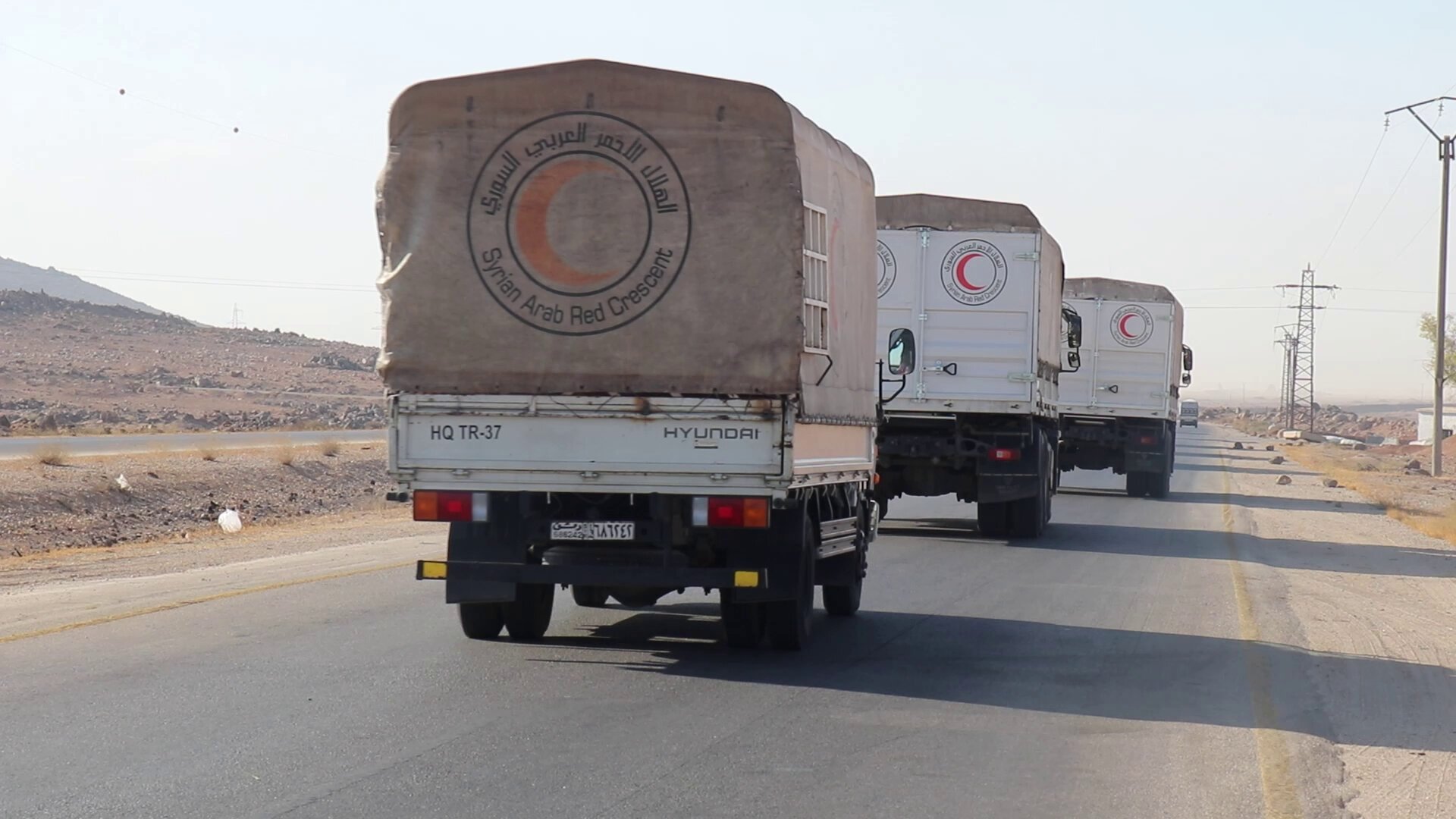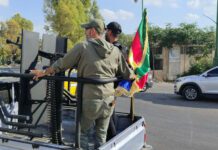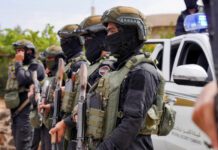
Despite widespread claims of a blockade, officials insist that aid and goods flow daily into Syria’s southern Suwayda province. Security chief Suleiman Abdulbaqi said the Damascus-Suwayda road sees over 100 trucks enter each day carrying food, fuel and essential supplies under state escort. “The road is fully secure,” Abdulbaqi wrote on Facebook, urging residents not to fall for inflated prices set by merchants claiming scarcity.
Yet inside the province, shortages are common. Residents say convoys of aid from the Syrian Arab Red Crescent and donations from abroad rarely reach shelters or households. Instead, locals point to organized theft and resale of humanitarian goods by militias and gangs who profit from misappropriation.
Millions in Donations Diverted
Private sources told Al-Ikhbariyah that more than $160 million in expatriate donations sent to Suwayda between December 2024 and July 2025 never reached intended projects. Funds earmarked for generators, renewable energy and services allegedly disappeared into “fake deals” benefiting influential figures. Only a fraction, around $3 million, was spent on weapons purchases, the sources said.
Shelter residents testified that food baskets promised by the Red Crescent often arrived incomplete. A volunteer said militias seized 700 out of 1,000 parcels delivered to the city of Shahba, diverting them to markets. Items such as tuna, peanut butter and cooking oil were stripped from aid packages and later resold.
Militias Accused of Exploiting Aid
Local witnesses accuse groups tied to Hikmat al-Hijri of orchestrating much of the theft. Civilians say these militias repackage stolen goods and sell them at prices dozens of times higher than their original value. One resident told Al-Ikhbariyah that citizens often have no choice but to buy aid-marked items, paying far above market rates for food that should have been free.
Activists allege some of the stolen aid is funneled into arms deals and the purchase of military vehicles, suggesting a systematic effort to turn humanitarian resources into tools of power. “The people did not benefit from these donations except for crumbs,” one source said, describing widespread suspicion of any relief entering the province.
Official Denials and Persistent Distrust
Provincial authorities reject reports that parallel committees or unauthorized groups oversee aid distribution. On Sept. 21, the Suwayda press office denied claims of new committees handling fuel or aid, saying only official channels manage such deliveries under supervision. The governorate urged residents to rely on state announcements rather than social media.
Even with reassurances, distrust remains high. Residents say scarcity is not caused by external state restrictions but by “appropriation” of resources by local groups and militias, leaving the most vulnerable without support. For many in Suwayda, aid intended as lifeline has become another commodity in the hands of armed groups.








